The Commonwealth: Promoting Sustainable Development and Trade Among Member States
The Commonwealth: Promoting Sustainable Development and Trade Among Member States
On the 13th of March, Commonwealth Day was celebrated with the objective of highlighting the significance and advantages of the Commonwealth of Nations. This year the theme for Commonwealth Day 2023 is ‘Forging a sustainable and peaceful common future’. The Commonwealth, a political association consisting of 56 countries and approximately 2.5 billion individuals, representing one-third of the world’s population, was established in 1931. The organization’s purpose is to support its members’ economic growth, democracy, and human rights, while also providing a platform for member states to collaborate and discuss issues of shared interest. India is one of the founding members of the Commonwealth and has played an active role in the organization’s activities and programs over the years. With almost 60% of the total population of the Commonwealth, India is the largest member state of the association. It is the fourth-largest contributor to the Commonwealth budgets and programs. After the UK, it also provides the largest number of technical experts for the Commonwealth Fund for Technical Cooperation, which assists developing Commonwealth countries. The Commonwealth values democracy and good governance, areas where India has much to offer. The association offers a platform for India to engage with a diverse group of countries, including G-8 countries like the UK and Canada, key developing countries like South Africa, Nigeria, and Malaysia, as well as many small states, to interact and build consensus.
Within the Commonwealth exists the Commonwealth Secretariat. The Commonwealth Secretariat is the intergovernmental organisation which co-ordinates and carries out much of the Commonwealth’s work, supported by a network of more than 80 organisations. Amongst the many works that it undertakes, one of its most important work is the work to boost trade between member countries. Although the Commonwealth does not have a multilateral trade agreement, research by the Royal Commonwealth Society has shown that trade with another Commonwealth member is up to 50% more than with a non-member on average, with smaller and less wealthy states having a higher propensity to trade within the Commonwealth.
One of its primary tasks is to enhance trade relations among member nations. To accomplish this, the Secretariat employs various means, including:-
- creating better trade opportunities
- Public Debt Management Programme
- Oceans and Natural Resources
- Through its Connectivity Agenda
- Through its support to small states
- The Commonwealth Fintech Toolkit
In April 2018, the Commonwealth Heads of Government adopted the Commonwealth Connectivity Agenda for Trade and Investment (CCA). The CCA provides a new approach for Commonwealth members to engage on trade and investment with a view to boosting trade and investment across the Commonwealth, in the process grow intra-Commonwealth trade to US$2 trillion by 2030, and expand investment.
To achieve this goal, five clusters have been established. The Digital Connectivity Cluster aims to support the development of national digital economies and improve regulatory frameworks and digital infrastructure to enable all Commonwealth member countries to benefit from digital trade. The Physical Connectivity Cluster aims to provide trade facilitation, best practices in infrastructure development, and trade information to reduce physical barriers to trade. The Regulatory Connectivity Cluster aims to improve understanding of regulatory regimes across the Commonwealth, promote good regulatory practice, and mutual recognition to reduce regulatory barriers to trade. The Business to Business Connectivity Cluster aims to support greater communication between the public and private sectors, as well as Commonwealth businesses, especially MSMEs. It also aims to assist member countries in attracting investment, with a particular focus on enhancing the private sector’s role in promoting the blue and green economy. Over the year the Commonwealth has also made trade agreements by helping member countries develop their export capabilities. They achieve this by multiple ongoing projects as well as The Small States Trade Finance Facility. The Commonwealth carries out research into trade policy to promote the trade and development interests of its members, especially small states and the least-developed countries.
The Commonwealth’s goal has been to safeguard the multilateral system, and it achieves this by leveraging the influence of its prominent members, including the UK, Canada, Australia, and New Zealand. Given that most of its member states are developing or underdeveloped, the Commonwealth seeks to promote economic growth among its countries, particularly in the global south, aligning with India’s objectives during its G20 presidency. Additionally, with its significant presence in the Asia-Pacific region, the Commonwealth serves as a counterbalance to the influence of regional powers.
The Commonwealth Day is celebrated every year on the second Monday of March in all of its member countries. The leaders of the Commonwealth also convene every other year at the Commonwealth Heads of Government Meeting (CHOGM), and the upcoming one is scheduled to be held in Samoa in 2024.
